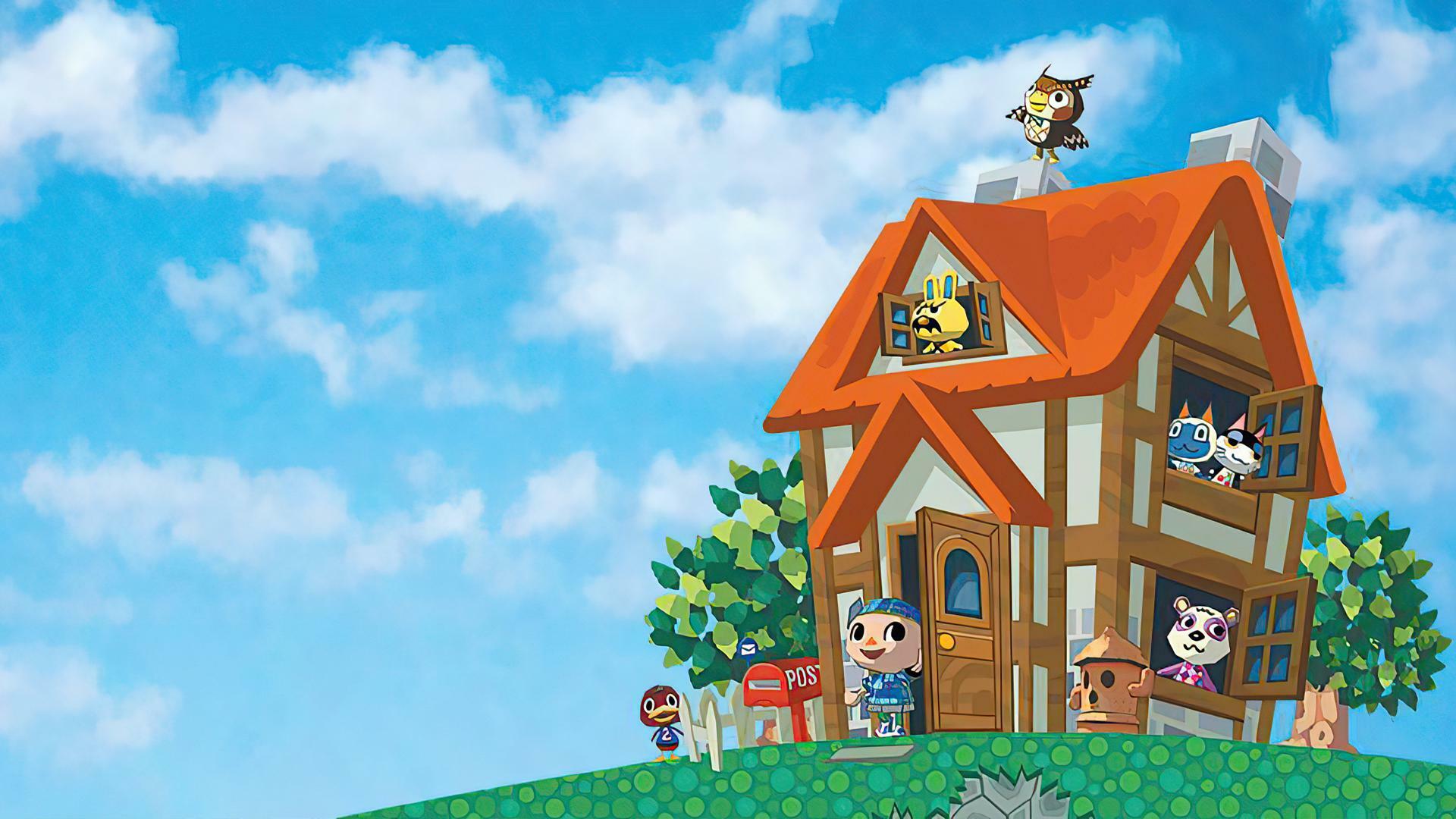Animal Crossing Localization: How Satoru Iwata Almost Said No
Last Updated: October 21, 2025

Today, Animal Crossing is a global phenomenon, a titan of the gaming industry that has sold tens of millions of copies and become a cultural touchstone. Yet, the entire franchise almost never left Japan. This success was built on a monumental localization effort that Nintendo’s then-Head of Corporate Planning and future president, the late Satoru Iwata, initially deemed impossible. His well-founded skepticism highlights one of the most audacious and pivotal translation projects in video game history.
The story begins with Dōbutsu no Mori (Animal Forest), released for the Nintendo 64 in Japan in 2001. The game, led by director Katsuya Eguchi, was a "communication game" deeply woven into the fabric of Japanese daily life and culture. Its calendar was filled with events and holidays specific to Japan, such as Tanabata (the Star Festival), Golden Week, and a meticulous celebration of New Year's Day. Villagers would reference culturally specific items, foods, and customs that would be completely alien to a Western audience. The sheer volume of text—for a single N64 cartridge—was staggering.
Iwata's Initial Doubt
When the concept of localizing the game for North America was proposed, Iwata's reaction was not one of excitement, but of pragmatic disbelief. According to members of Nintendo of America's legendary "Treehouse" localization team, Iwata laughed. It wasn't a malicious laugh, but one that acknowledged the sheer absurdity of the task. He believed the game was so fundamentally Japanese that a simple translation would be nonsensical and fail to connect with players. To truly make it work, the team wouldn't just be translating; they would have to perform extensive cultural surgery.
Iwata’s concerns were entirely valid. The challenge wasn't merely linguistic; it was cultural. How do you replace Golden Week? How do you explain the significance of a daruma doll or a kotatsu table? The game’s core relied on players forming a connection to a living, breathing town that mirrored the rhythms of the real world. A town celebrating holidays players didn't recognize would shatter that immersion instantly.
The Treehouse Team's Vision
This is where the passionate advocacy of the NOA Treehouse team, particularly Nate Bihldorff and Bill Trinen, became crucial. They saw the universal appeal hidden beneath the cultural specifics: the joy of customizing a home, the satisfaction of fishing and bug-catching, and the charm of building relationships with quirky animal neighbors. They championed the project, convincing management that with enough time and resources, they could not just translate Dōbutsu no Mori, but transcreate it into Animal Crossing.
The Herculean Task of Transcreation
The task was herculean. The team, just four core members at the time, embarked on a grueling eight-month localization process for the enhanced GameCube port. They didn't just swap text; they rewrote mountains of dialogue to fit Western humor and sensibilities. Most importantly, they replaced entire holidays. Japan's "Autumn Day" became an American-style Thanksgiving, complete with a turkey character named Franklin. They created entirely new events from scratch, including Halloween with Jack the "Czar of Halloween," and implemented Western traditions like April Fool's Day.
This required creating new art assets, writing thousands of lines of unique dialogue, and programming new event logic, all while ensuring the new content felt as authentic and charming as the original. The team effectively developed a parallel version of the game, a fork in the timeline tailored for a completely different culture.
A Global Phenomenon Is Born
The risk paid off beyond anyone's wildest expectations. When Animal Crossing launched on the Nintendo GameCube in North America in 2002, it became a beloved classic. Its slow-paced, relaxing gameplay was a refreshing departure from the action-oriented titles of the era and resonated deeply with a broad audience. The careful cultural adaptation was so seamless that most players had no idea how fundamentally Japanese its origins were.
Satoru Iwata's initial doubt was not a failure of vision but a testament to the immense respect he had for the original creation and the scale of the challenge. The subsequent success of the localization proved that the core appeal of Animal Crossing—community, creativity, and the simple joys of a life well-lived—was truly universal. That pivotal decision, and the incredible work of the Treehouse team, laid the foundation for a global franchise, paving the way for smash hits like Wild World, New Leaf, and the record-shattering phenomenon of Animal Crossing: New Horizons. It stands as a powerful legacy of how taking a calculated risk on cultural translation can build bridges and bring unique gaming experiences to the entire world.